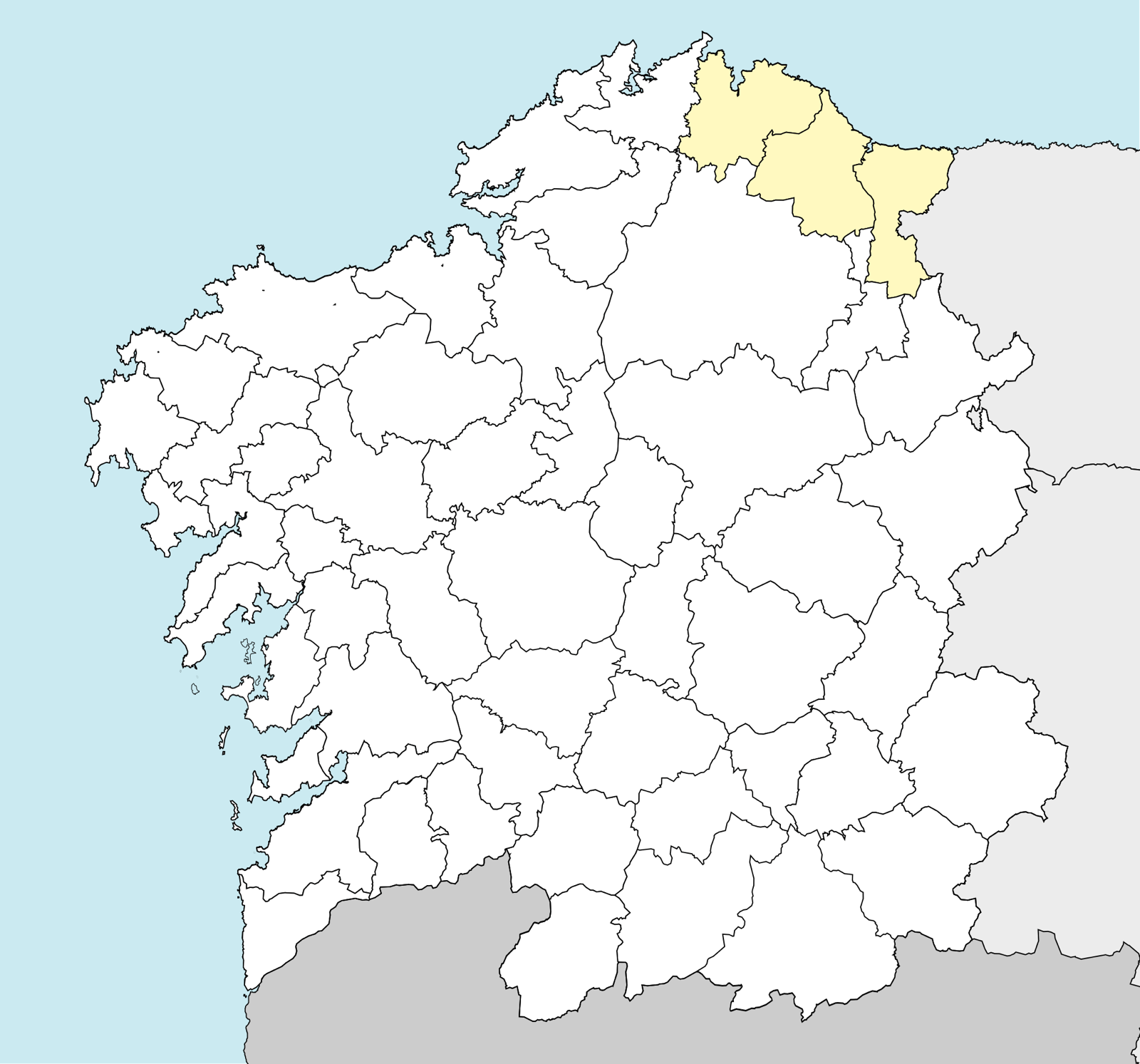
Spain had one of the strictest lockdowns in the world to combat against the coronavirus. After the worst of it had passed, the government instituted a deescalation period of various phases. It seemed hasty, but for a country that never really recovered from the 2008 financial crisis and depends on summer tourism, it was clear regions were looking to return to normal, even if we qualified with it the adjective ‘new’. Now it’s back.
Public health officials from the Xunta of Galicia have closed the coastal region of A Mariña in Lugo, at least until Friday. More than 100 people have tested positive in only a few days
Within the containment zone, people are still free to move around without extraordinary restrictions, but without a good cause, no one enters or leaves A Mariña. Around 70,000 people live in the 14 concellos, municipalities there with undoubtedly many more vacationing for summer.
We knew a second wave would come sooner or later. I haven’t read anything about patient zero for this outbreak. We knew the first in March came from Madrid, which isn’t surprising. Talking with friends and acquaintances here, some of us had wished for summer of Spanish residents remaining in there autonomous communities. These regions are big enough to allow city-dwellers to escape to the countryside (sorry to La Rioja, and the North African enclaves), promote local tourism closer to home, and reduce the points of contact and potential travel of the virus.
This would have angered a lot of people, definitely some of the 80,000 madrigallegos who live and work in the capital, and eagerly await the summer months when they can relax at their beach house or return to their home villages. Not to mention the sons and daughters Galician emigrants who left for Basqueland and Catalonia while they were rapidly industrializing and Galicia was still practically a pre-capitalist society.
But as the husband of a family friend said, “It’s one summer.” We’ll see what the rest of the months brings.